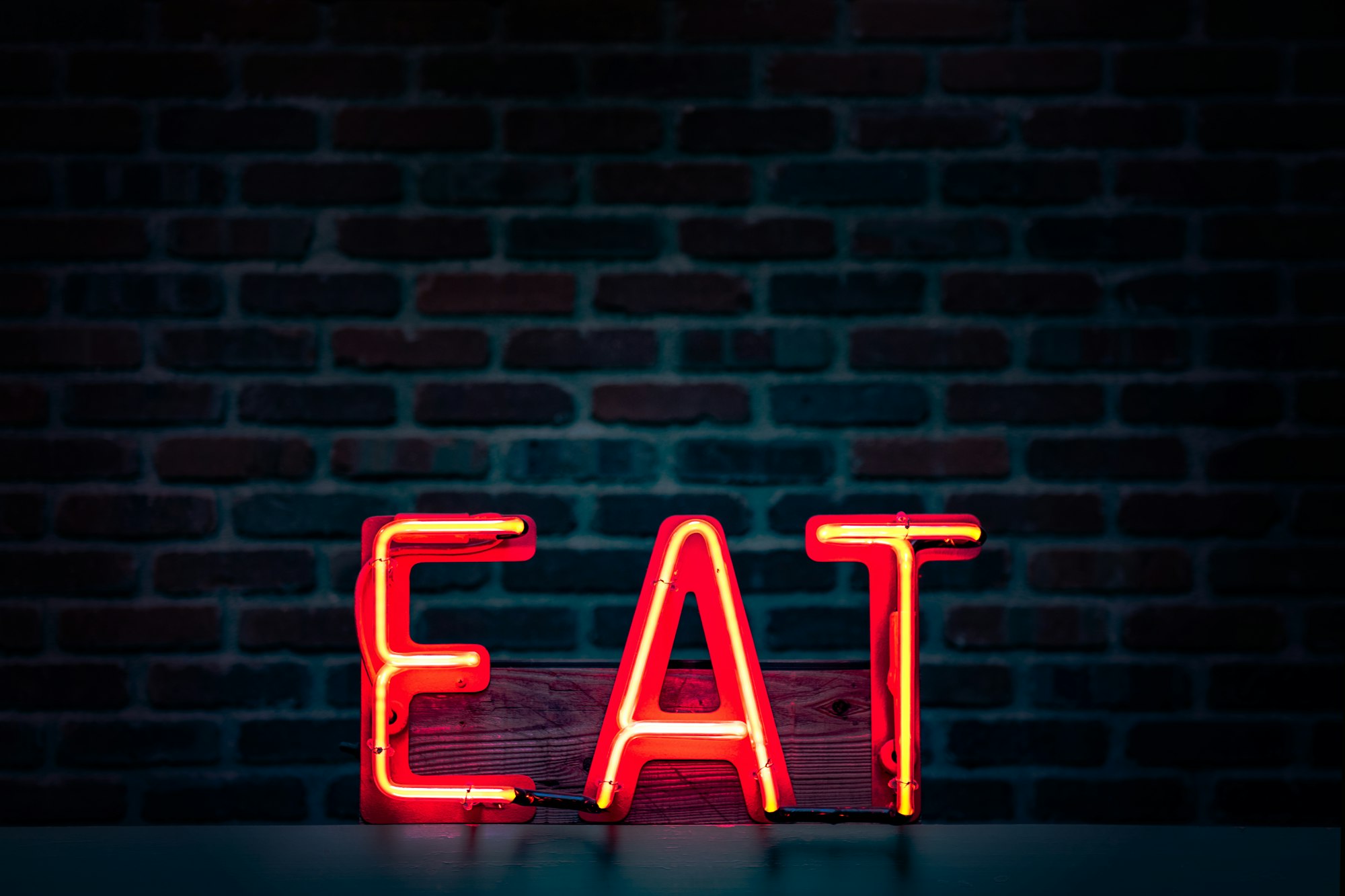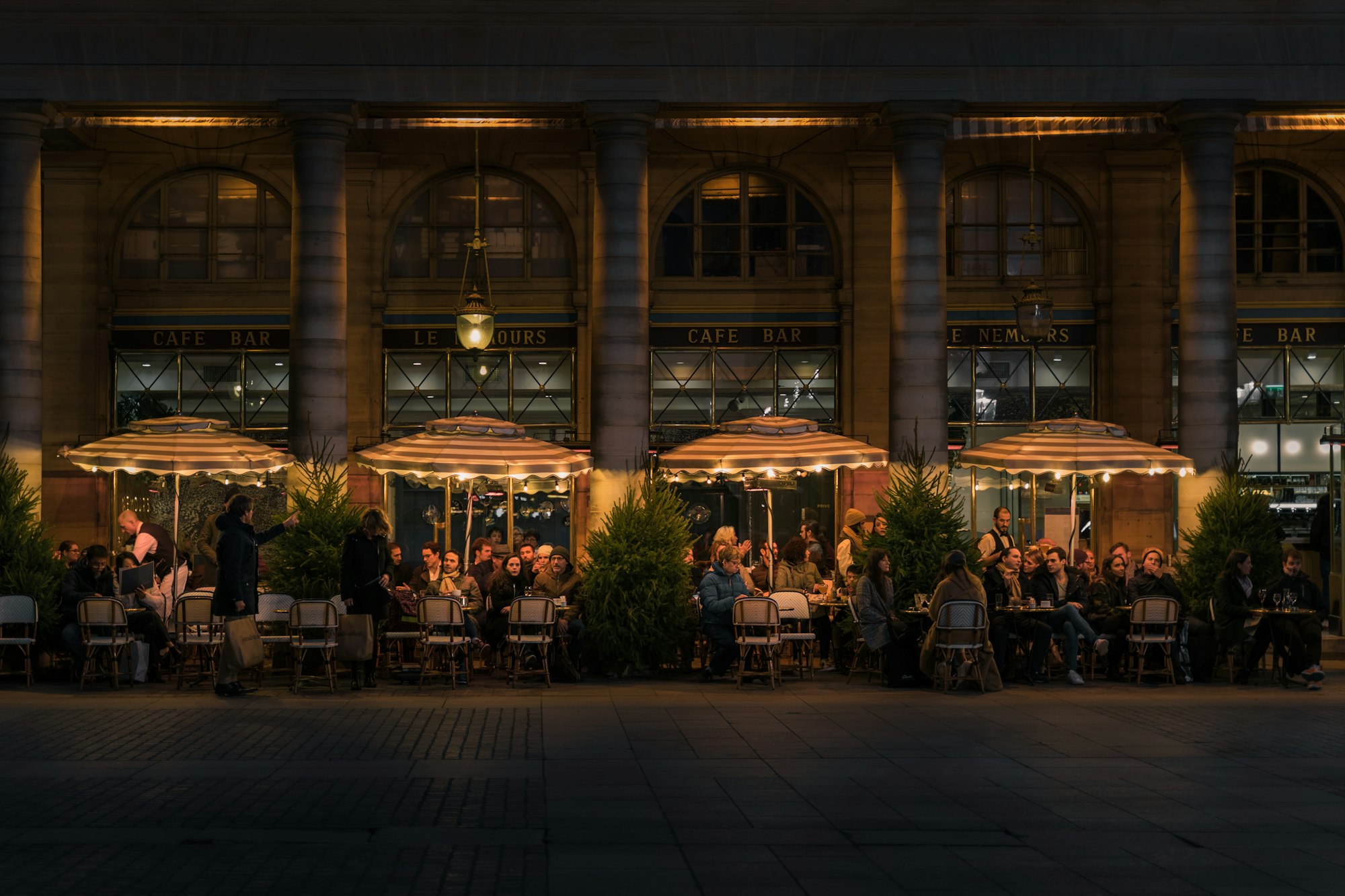After what seems like ages since we all last ate out at restaurants, lockdowns around Covid-19 have started to ease a little. And in various states and cities across the country, restaurants have started to open.
Social distancing rules made food delivery an essential lifeline for people who don’t enjoy home cooking. The lack of dining out options has certainly been missed by these individuals. But at least for the past few months, food delivery has been nearly essential for these many people.
Even for those who love the opportunity to try out new recipes, restaurant reopenings will likely come as a relief. But to resume dining normalcy, these restaurant reopenings will come at a ‘safety’ price.
Dining out will no longer be the same across the country. There will be significant changes, and these changes will focus on adhering to safety guidelines as recommended by organizations such as the CDC and the WHO. Wearing masks that cover the nose/mouth will be the bare minimum in many places.
Outdoor seating arrangements will be the new normal in most places for the foreseeable future.
Why Dine-In is Less Common?
Relaxing restrictions can only go so far at this time when the threat of a second wave lingers. One way Covid-19 virus transmission risk is reduced is by staying outdoors where socially distancing from people is easier.
To mitigate the risks that still linger even with outdoor seating, physical barriers like screens or sneeze guards have been introduced at many restaurants. In addition, many restaurants now have a limit of only a single server who is allowed to approach your table.
Other options used in some places include screening guests on entry with temperature checks. Any person with visible symptoms will not be allowed in restaurants.
Modified layouts (tape on the floor or sidewalks and signage to mark tables that are not in use) are also the new normal in many places as a means to limit people congregating around each other or seating tables too close to each other. Maintaining a 6-foot social distance is easier when there is a visual aid on the ground to show you where you can or cannot stand.

Why is Outdoor Seating allowed but not Indoor?
When seated outdoors, the risk of transmission appears to be lower for several reasons. Most importantly, the outdoors is an open, large, and ventilated space. Open-air spaces dilute the surrounding air, reducing much of the risk you'd run inside a dining room.
Outdoor dining also allows tables to be spread out to the recommended 6 or more feet apart. This gives everyone plenty of space to enjoy their meal with peace of mind.
What Other Options are there - Delivery or Takeout?
As restaurants reopen, people can now make the decision if eating out is worth the risk to them. An environment with other people still poses some risk, no matter how cautious people are. Delivery and takeout became extremely common during lockdown. If you still harbor fears about leaving the house to go to a restaurant, delivery and takeout are still great options to get the meals you want from the restaurants you love.
While outdoor eating may be exciting and a relief to the majority where restaurants are now open, it is still not a totally risk-free activity. The spreading of diners as far apart as possible, limiting party sizes and occupancy, and using disposable utensils and menus, all reduce risk from cross-contamination between diners. But it still can't make dining out risk-free.
Delivery or take-out service at most involve fleeting interaction with maybe one individual. But using contactless delivery or pickup can reduce interactions to zero, reducing the risk of infection as much as possible.
Weighing the risk of starting to eat out is a personal choice. If safety is your central concern, it’s probably best to get restaurant delivery or takeout than outdoor eating in the restaurant.

